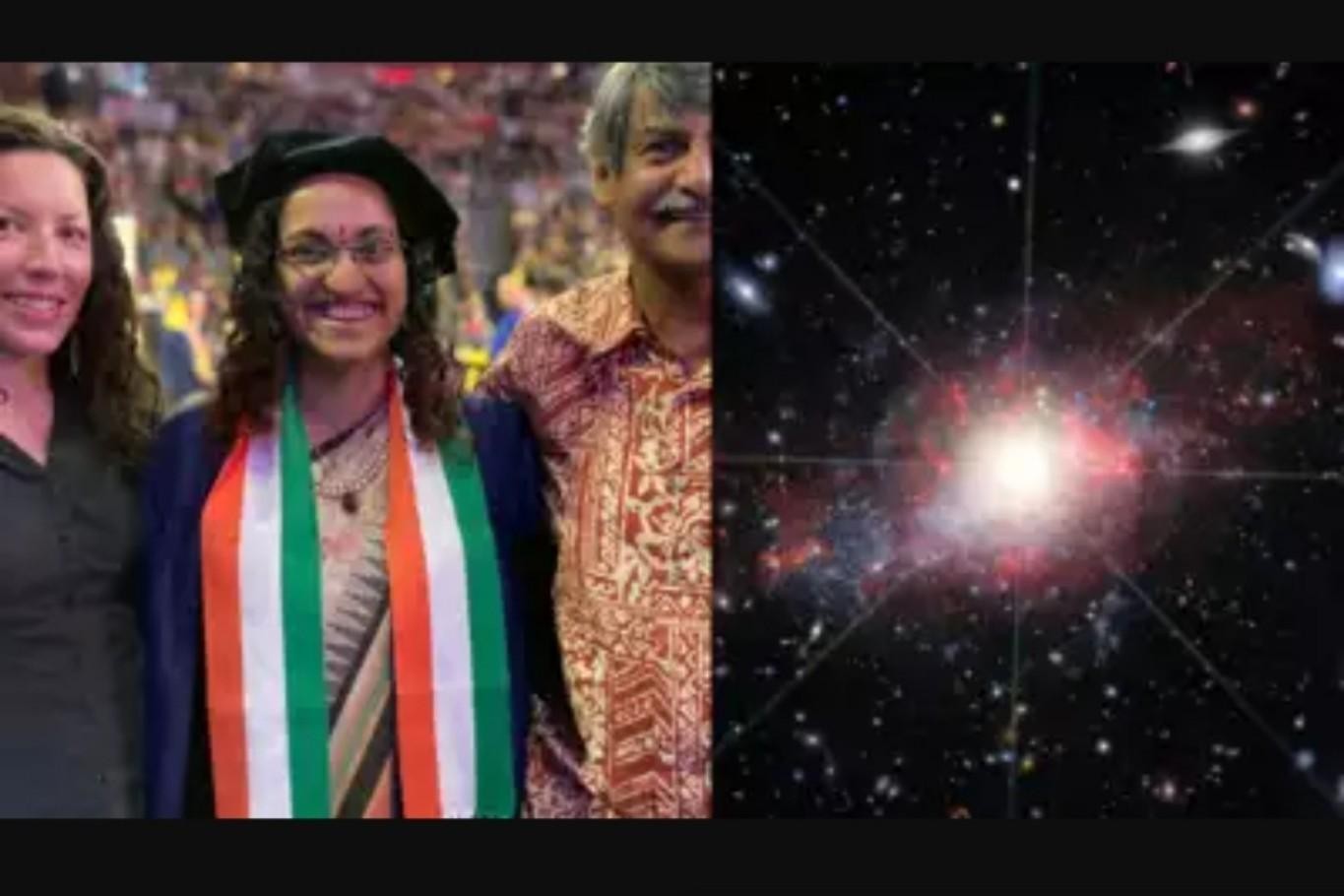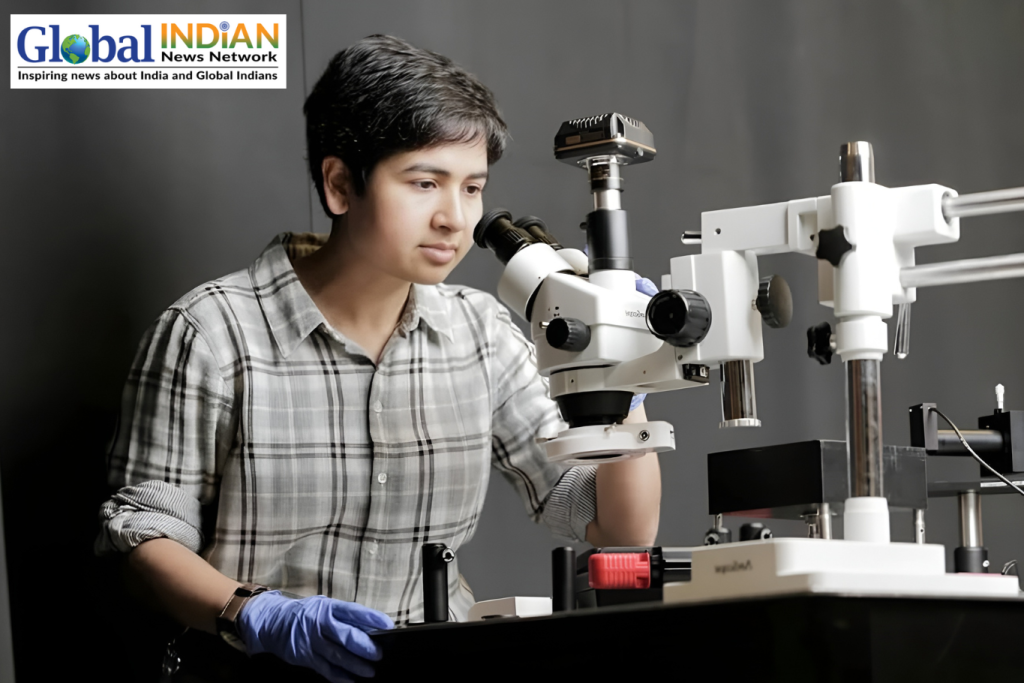
A team of scientists in the U.S., led by Indian-origin astrophysicist Raga Deepika Pucha, has uncovered the largest-ever sample of intermediate-mass black holes and dwarf galaxies hosting an active black hole. The discovery triples existing records and paves the way for deeper research into the link between black hole growth and galaxy evolution.
Using early data from the Dark Energy Spectroscopic Instrument (DESI), Pucha’s team compiled a dataset featuring 2,500 dwarf galaxies with active black holes, marking a significant jump from past studies. These findings indicate that a higher percentage (2%) of dwarf galaxies host black holes than previously thought (0.5%), suggesting that scientists may have been missing a large number of low-mass black holes.
DESI, funded by the U.S. Department of Energy and the National Science Foundation, is an advanced instrument capable of observing 5,000 galaxies at once. The project, in its fourth year, aims to survey 40 million galaxies and quasars by its conclusion.
Pucha explained that detecting black holes in dwarf galaxies is particularly challenging due to their small size and limited observational capabilities. However, actively feeding black holes releases enormous energy, making them easier to identify.
This discovery not only expands the scientific understanding of black holes but also provides valuable insights into how the first black holes formed in the early universe.










